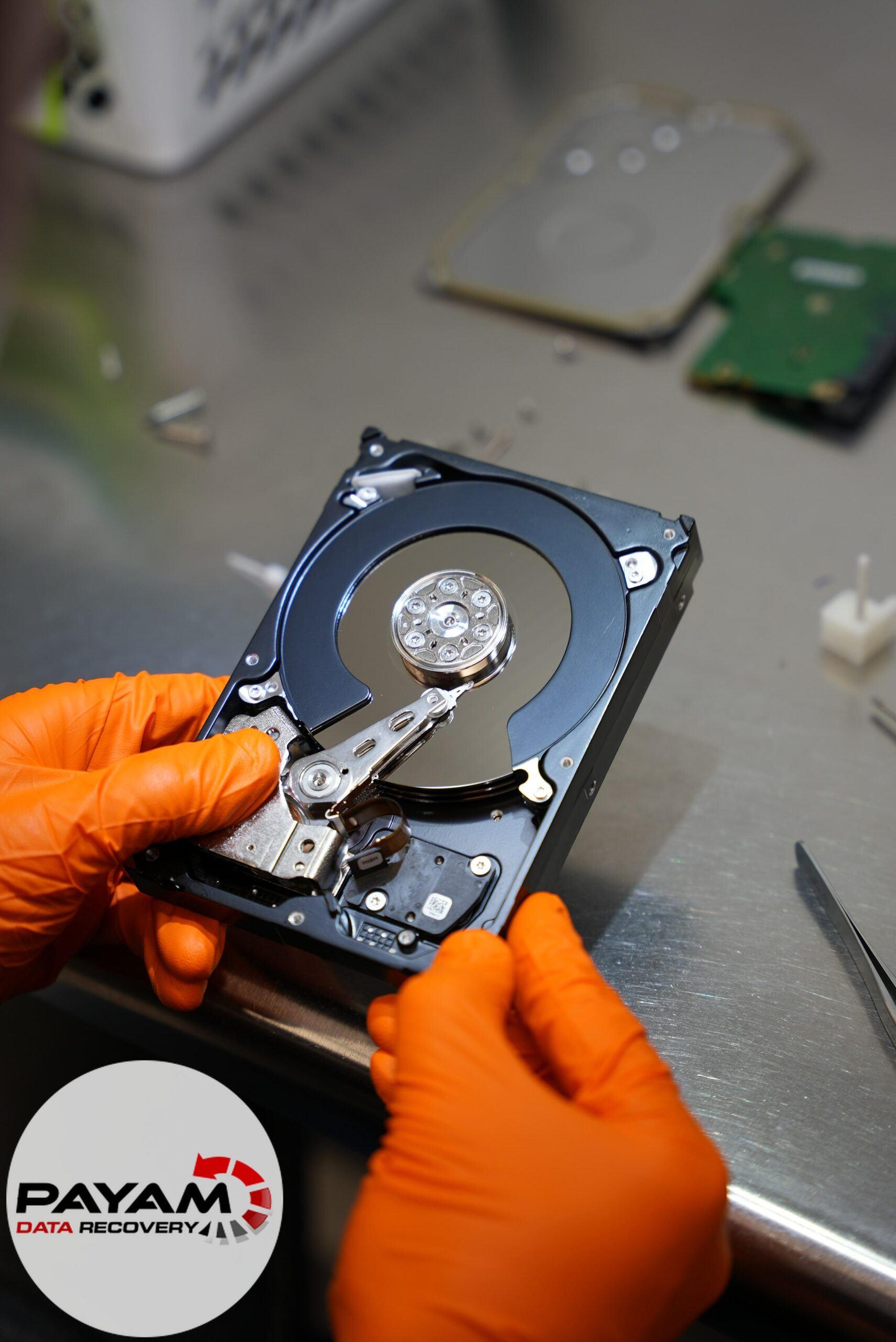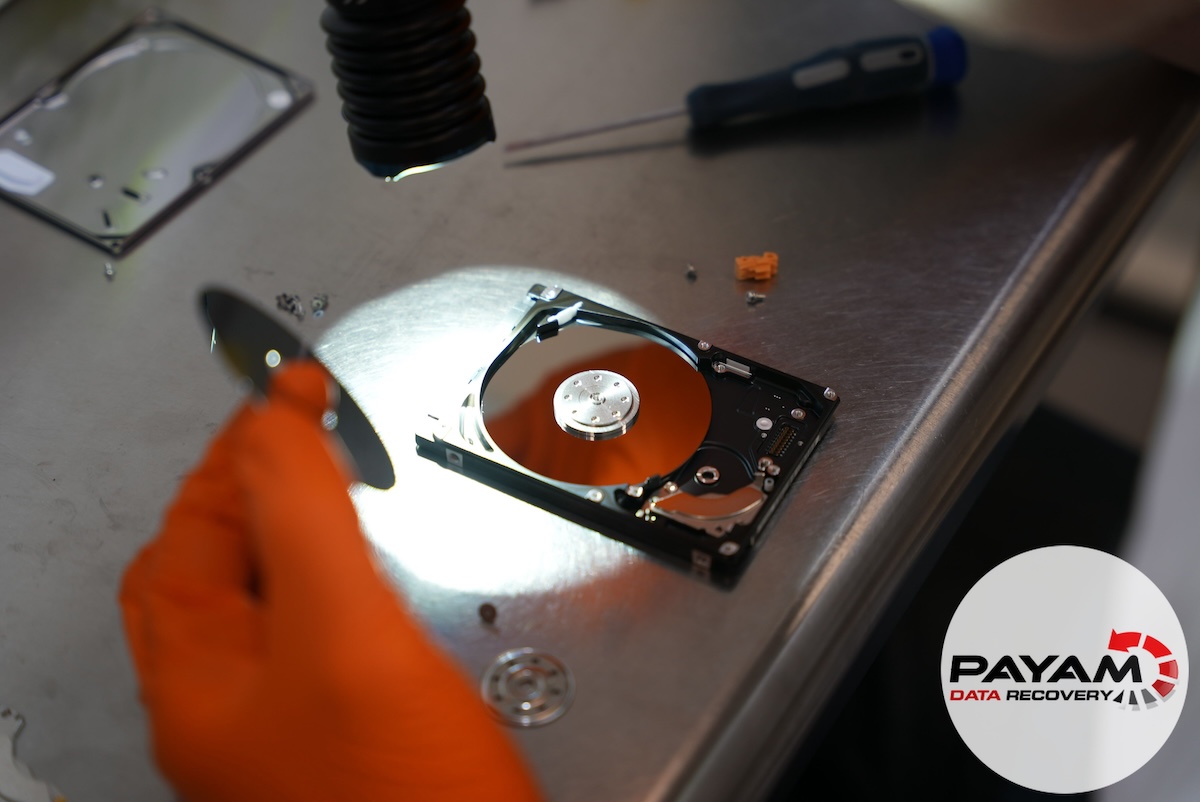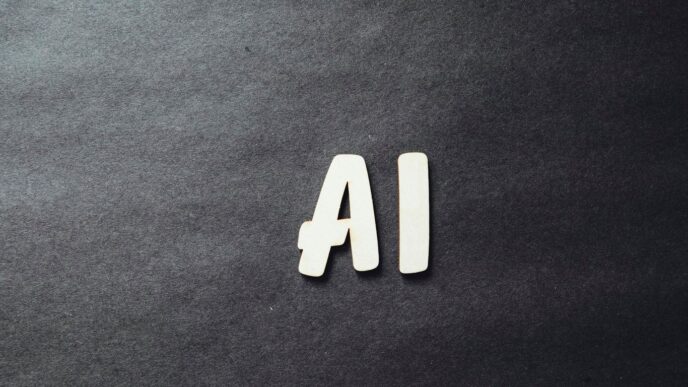[Wollongong, NSW] – [May 9, 2025] – A comprehensive study by Payam Data Recovery, Australia’s oldest and largest data recovery company, has analysed over 30,000 hard drives between 2020 and 2025 to provide critical insights into hard drive failure statistics and data recovery outcomes. The hard drive failure analysis highlights the top failure types, identifies specific models with higher failure rates, and emphasises the importance of professional intervention and preventative measures.
Key Findings from Payam Data Recovery’s Analysis
Over five years, Payam Data Recovery processed more than 30,000 hard drives from everyday users across Australia. Their statistics revealed the following key findings:
- Three Primary Failure Types: The study identified severe head crashes (total data loss), head failures (high recovery success), and bad sector failures (fully recoverable if early intervention occurs) as the main reasons for hard drive failure among everyday users.
- Recovery Success Rates Vary: While severe head crashes resulted in 0% data recovery, head failures boasted a 99%+ success rate with professional cleanroom HDD data recovery. Bad sector failures were 100% recoverable when addressed promptly.
- Entry-Level Models Show Higher Incidence of Failure: The analysis pinpointed specific entry-level models from Seagate and Western Digital, often found in external drives and laptops, as having a higher occurrence across all three failure categories. This high hard drive failure rate can be due to cheaper materials (e.g., less durable aluminium platters, making them prone to drops), weaker magnets, and manufacturing variability. Another factor is the design trade-offs. Many entry-level models utilise Shingled Magnetic Recording (SMR), which has slower write speeds and is often deemed less reliable than the Conventional Magnetic Recording (CMR).
- Physical Damage a Major Contributor: Approximately 50% of the analysed hard drive failures were due to physical damage, such as drops. This high percentage highlights the vulnerability of hard drives, especially entry-level models, to mishandling. The other 50% stemmed from mechanical or electronic issues.
- Expert Highlights Differences Between Entry-Level and Enterprise Drives: The study contrasted entry-level drives with more robust enterprise-level drives (e.g., Western Digital Ultrastar, Seagate Exos), which utilise superior materials (glass platters), stronger magnets, higher spindle speeds, Conventional Magnetic Recording (CMR), and larger cache sizes for enhanced reliability.
Recommendations for Hard Drive Data Protection
Mr Payam Toloo, industry expert and owner of Payam Data Recovery, stresses the importance of protecting hard drives proactively to keep them last for years. He also acknowledges that drops and other accidents occur, requiring a prompt response.
“I haven’t had a mechanical hard drive fail in over 15 years. I never move them while powered on, don’t travel with them, and keep them out of reach of my kids and away from table edges. My desktop stays dust-free, well-ventilated, and powered off when not in use. With care, hard drives can last seven to ten years, but accidents still happen. Theft, fire or flood can destroy everything,” he shares.
Based on their findings, Payam Data Recovery recommends the following to safeguard data:
- Handle Drives with Care: Avoid moving powered-on drives.
- Implement Regular Backups: Follow the 3-2-1 rule (three copies, two different media, one off-site).
- Monitor Drive Health: Utilise tools like CrystalDiskInfo for early warning signs.
- Act Swiftly Upon Failure: Power off the drive immediately and consult professionals. Continued use or improper troubleshooting can turn a recoverable hard drive issue into permanent data loss.
About Payam Data Recovery
Payam Data Recovery is Australia’s oldest and largest hard drive data recovery company. Since 1998, they have delivered expert data recovery solutions for individuals and businesses. With extensive experience and specialised cleanroom facilities, they have successfully recovered data from thousands of hard drives and other storage media. Currently, they have six locations in Australia and one data recovery site in New Zealand.
For more details about Payam Data Recovery and their services, visit www.payam.com.au.
You can also contact them through these channels:
Phone: 1300 444 800
International: +61 2 80766079
Email: help@payam.com.au
















